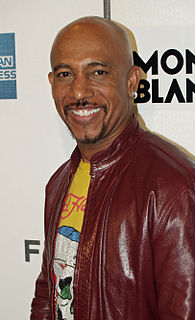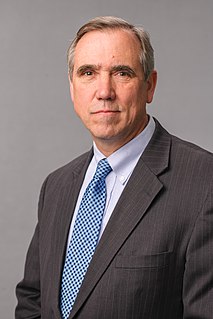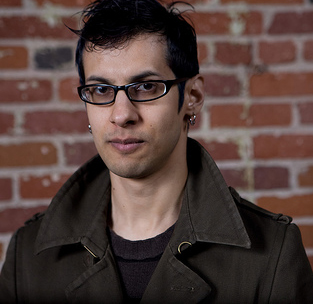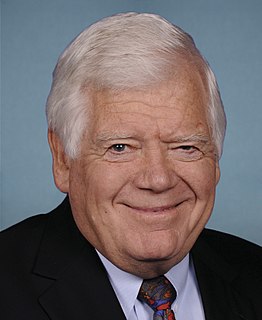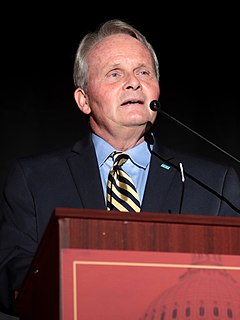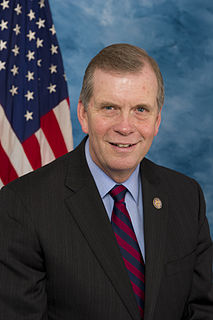A Quote by Montel Williams
If, in fact, the GOP doesn't like any form of health care reform, what do we do with those 40 to 60 million uninsured?...When they show up in the emergency room, just shoot 'em! Kill them!...Do we have enough body bags? I don't know.
Related Quotes
I don't kill people. Perhaps it's just another inhibition to do away with it. Perhaps not. There's really no way of telling. It's possible I've just never been able to well up enough interest in any person to care long enough to end their life. I'd much rather avoid them altogether. Most of them. It's 4 A.M. and the sky is beautiful up and away from this room and this bed and the oppressive inevitability of sleep. I HATE SLEEP. But sleep always comes (that, or madness).
Those with health insurance are overinsured and their behavior is distorted by moral hazard. Those without health insurance use their own money to make decisions based on an assessment of their needs. The insured are wasteful. The uninsured are prudent. So what's the solution? Make the insured a little more like the uninsured.
I have stood on the front lines of the health care system as a doctor, patient and concerned parent. Those experiences have served as my guideposts throughout the struggle to reform America's health care system. And it's those same experiences that tell me that fear and election hysteria should not overshadow the reality of reform.
I support defunding the police - particularly the militarization of our police force and reallocating those resources toward public health. And not just health care but mental health support, affordable housing, education, alternatives to incarceration, non-emergency responses to those who might be in mental distress.
